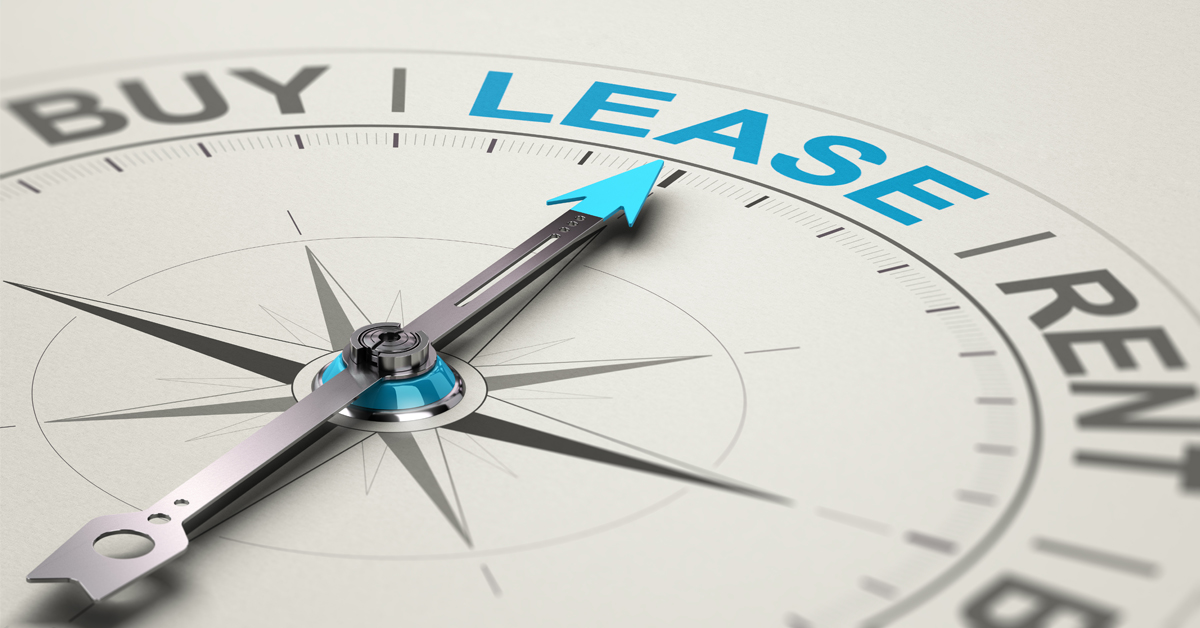
The question of whether to buy or rent an industrial space is one that has been asked by many business owners. There is not, however, a short answer that will work for every business.
Deciding whether buying or renting will be best for you will depend on a lot of different factors. What is your budget and what is the status of your credit? What do you intend to use the space for and how long do you plan on using it for that purpose? How much of your personal time and energy do you want to commit to the space? Answering these questions honestly will help you to determine your next best steps. You will also want to take the time to consider the pros and the cons of each option and how they relate to your personal situation.
Buying an Industrial Property
The industrial sector of the commercial real estate market has remained solid moving into the middle months of 2020, making now a very good time to get involved with it in any capacity. As with any type of investment, however, purchasing property will also come with its own set of risks. To help you determine whether this is a viable option for you, consider the following:
PROS:
- Equity and Appreciation: Owning a commercial property means when that property increases in value, you will directly benefit from it. In order to increase the chances of this happening, make sure you purchase property in a desirable or up-and-coming area. It may cost you a bit more upfront, but the investment will be well worth the return.
- Potential for Income: Purchasing a property outright also means you can rent the space out at any given time. This can be useful if your intention for the space changes, your business plans change, or if the space is too large for your current needs.
- Collateral: Owning a property can also be used as collateral by the business for any outstanding debts or to help secure financing.
- Low Financing Rates: With the market constantly fluctuating, there are ample opportunities available to secure extremely low rates for your loan.
- Control: As the building owner, you are fully in control of how the space is used and by whom (outside, of course, of restrictions put into place by zoning laws).
- Tax Breaks: Building owners are eligible for a lot of great tax breaks on any non-mortgage related expenses associated with the space.
- Stability: Industrial work often requires the use of costly and bulky machinery. Owning your own property means you will not have to worry about relocating these items at the end of a lease term.
CONS:
- Upfront Costs: Financing an industrial building can be costly and will likely require a hefty down payment and a shining credit score.
- Capital Loss: In the event the economy takes a downturn, you will feel the effects as your building loses equity.
- Potential Prepayment Penalties: Many commercial mortgages include large fines for early prepayment, meaning that might be married to your mortgage for a long time.
- Unforeseen Expenses: If any damage occurs to the building, it will cost you out of pocket.
- Level of Responsibility: In addition to the financial burdens, you are also solely responsible for taking care of your tenants and keeping the property in tip-top shape. This might mean hiring contractors or doing manual labor yourself. You are also liable if anyone is injured on the property.
Renting an Industrial Property
If you’re unsure of how your business might grow or how long it intends on using a space, you might consider renting as a first option. This, too, has many viable benefits, but also carries the risks associated with any commercial transaction. You will want to consider some of the following:
PROS:
- Freedom: Commercial lease terms typically run anywhere from three to 10 years, offering you the flexibility to test a space out before committing long-term.
- Liquidity: Without all the overhead costs associated with ownership, you keep more cash in your wallet.
- Budget-Friendly: Your lease agreement clearly outlines your financial responsibilities, making it far easier for you to accurately budget and plan.
- Tax Breaks: Your rent, as well as any expenses associated with maintaining your portion of the building, are tax-deductible.
- Location: Oftentimes, you may not be able to afford to purchase a building in a desirable location, but you may be able to negotiate a deal if you are looking to lease.
CONS:
- Equity: As a renter, you forego your ability to benefit from any rise in the property’s value.
- Passive Income: There is also no ability to make an income off the space by renting a portion of it out (unless outlined in your lease agreement).
- Fluctuating Rent: Most leases will include a clause that allows your landlord to raise your rent by a certain amount or percentage each year as markets fluctuate.
- No Control: Ultimately, your landlord gets to decide what’s best for the building, even if it doesn’t necessarily benefit you. You are also locked into the space for a predetermined amount of time.
A Final Word
As you can see, both buying and leasing industrial space have their own benefits and detriments. Only you can decide the best option for your business. Take the time to get clear on your budget, intentions for the space, and how much personal energy you want to commit. Let the answers you come up with determine which choice is the best for you.

Contact the author